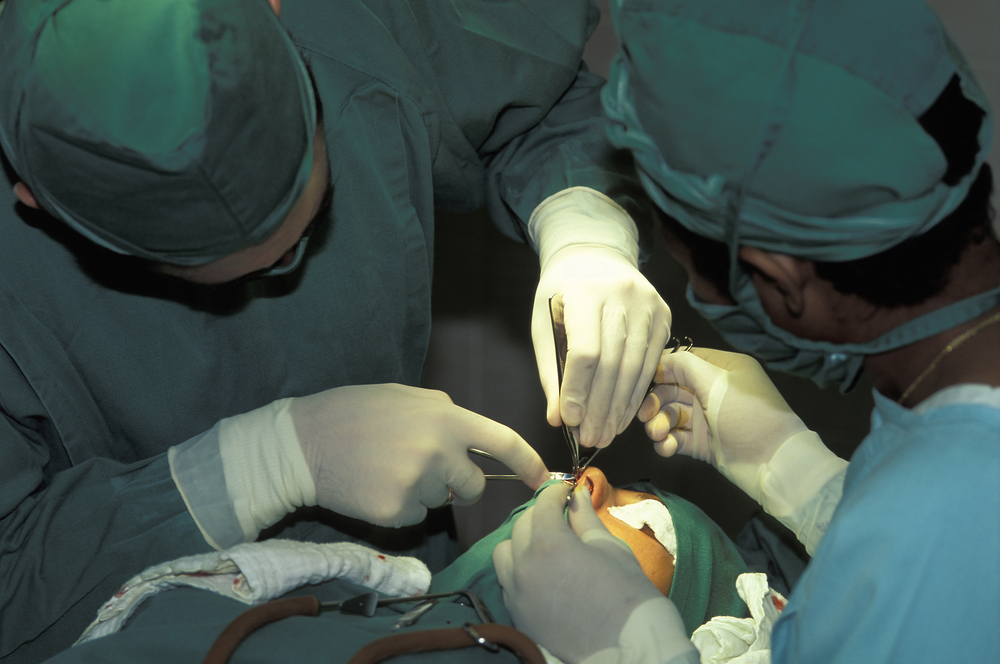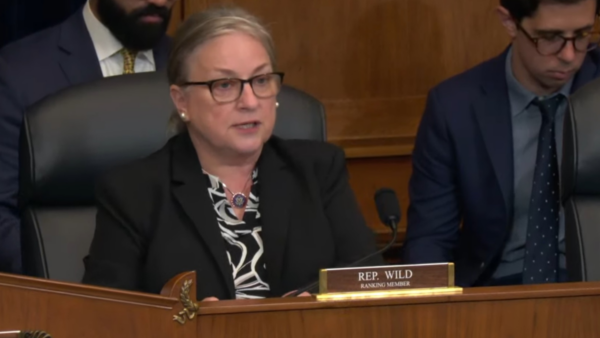In the U.S., if you want a facelift or a tummy tuck, it’s generally assumed that you’ll be paying out of pocket. Insurance will tend to cover plastic surgery only when the surgery is deemed “medically necessary” and not merely aesthetic. In Brazil, however, patients are thought of as having the “right to beauty.” In public hospitals, plastic surgeries are free or low-cost, and the government subsidizes nearly half a million surgeries every year.
As a medical anthropologist, I’ve spent years studying Brazilian plastic surgery. While many patients are incredibly thankful for the opportunity to become beautiful, the “right to beauty” has a darker side to it.
Everyone I interviewed in Brazil admitted that plastic surgeries were risky affairs. In the public hospitals where these plastic surgeries are free or much cheaper than in private clinics, I heard many patients declare that they were “cobaias” (guinea pigs) for the medical residents who would operate on them.
Yet these patients, most of whom were women, also told me that living without beauty in Brazil was to take an even bigger risk. Beauty is perceived as being so central for the job market, so crucial for finding a spouse and so essential for any chances at upward mobility that many can’t say no to these surgeries.
The very long queues for plastic surgery in public hospitals – with wait times of several months or even years – seem to confirm this immense longing for beauty. It’s made Brazil the second-largest consumer of plastic surgery in the world, with 1.2 million surgeries carried out every year.
Brazil’s ‘pope of plastic surgery’
Today, Brazil considers health to be a basic human right and provides free health care to all its...


 Search
Search






































